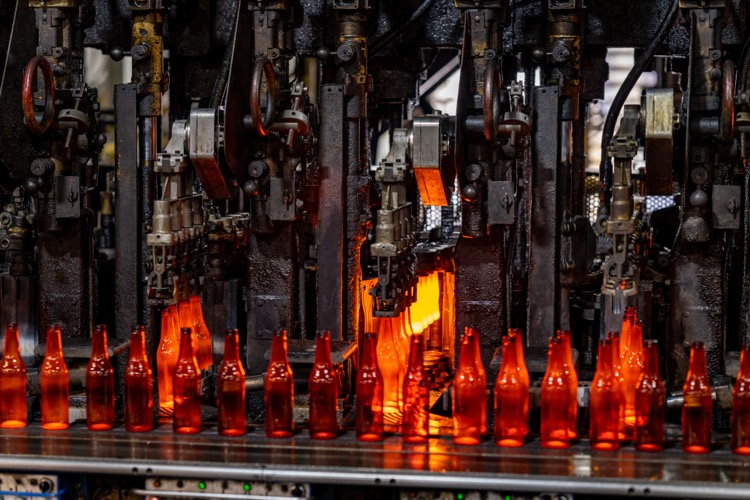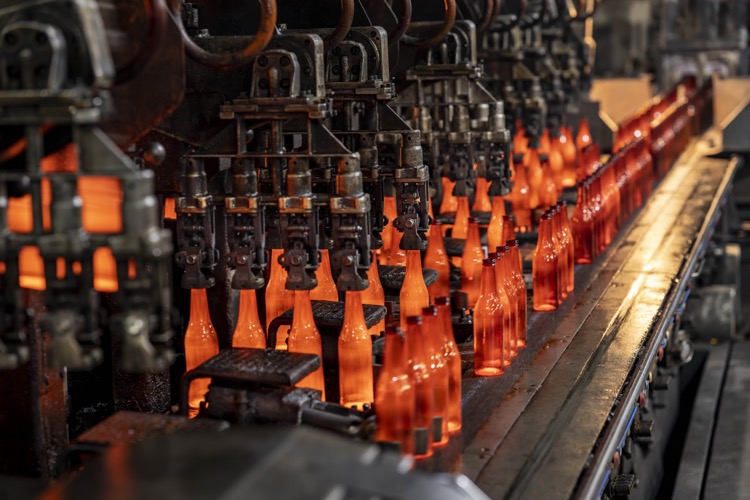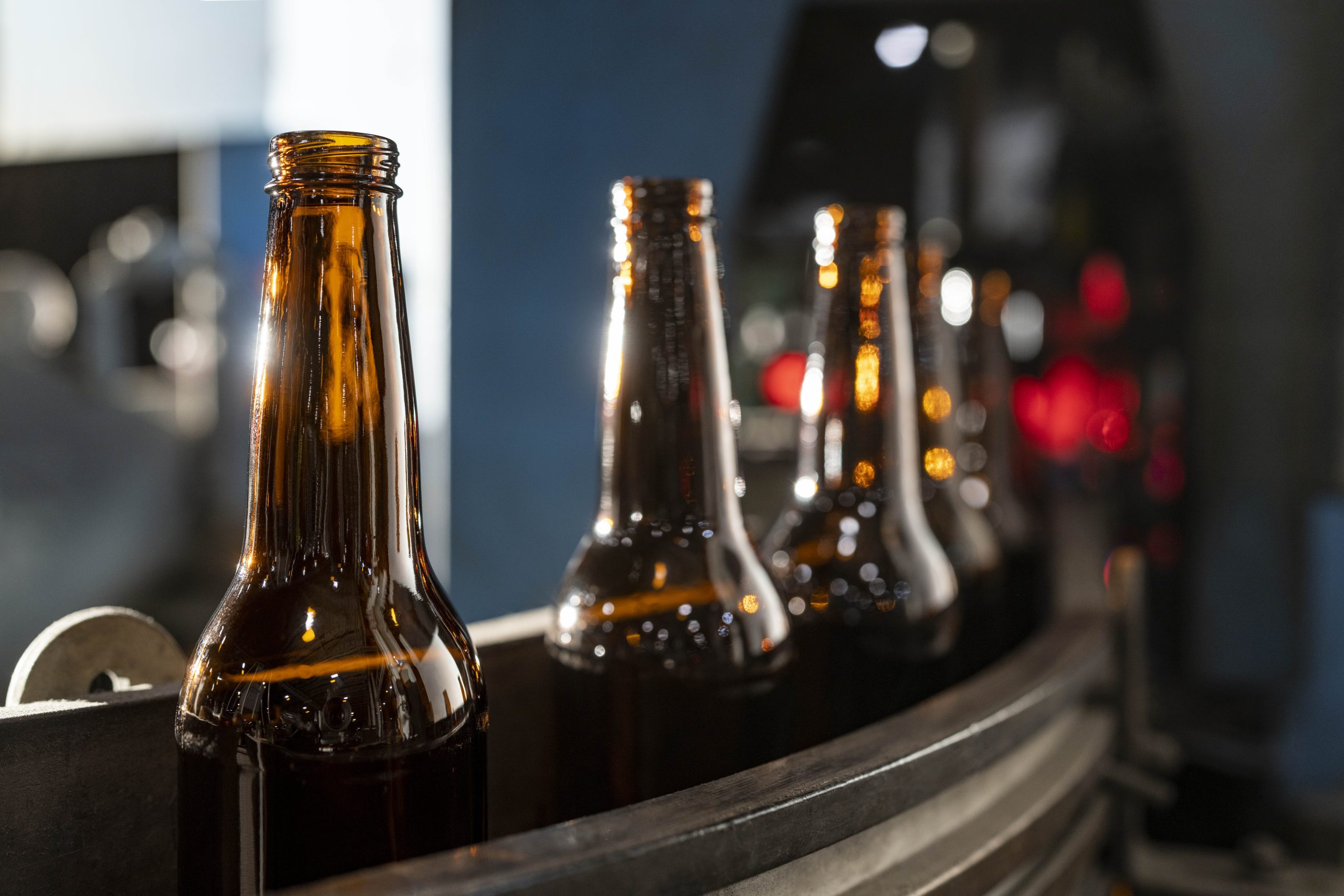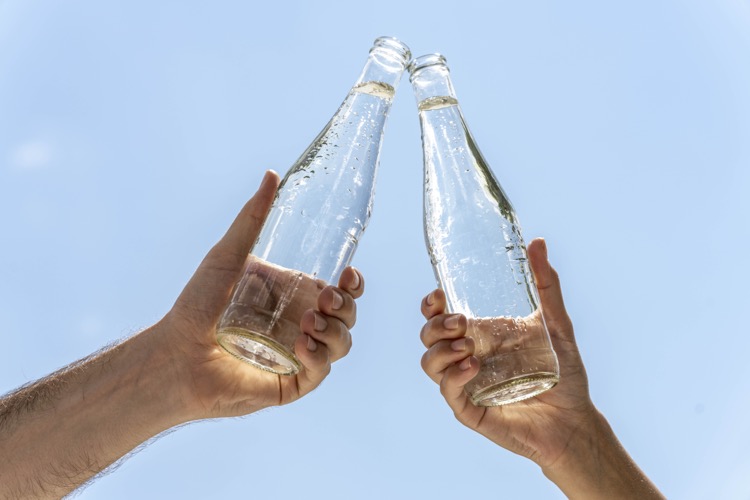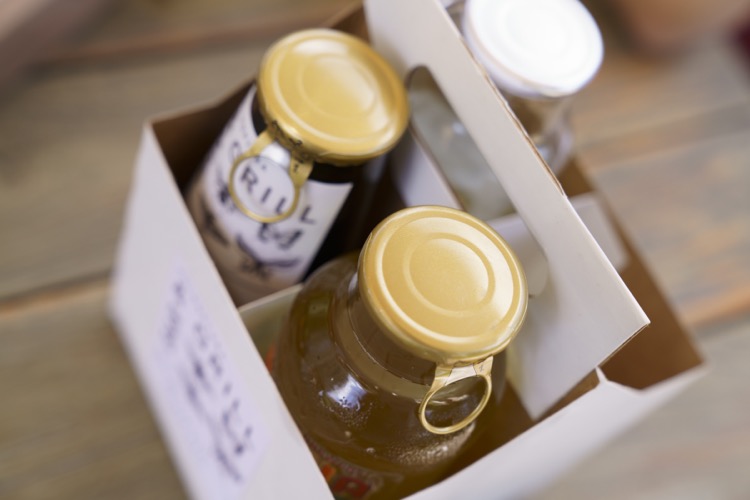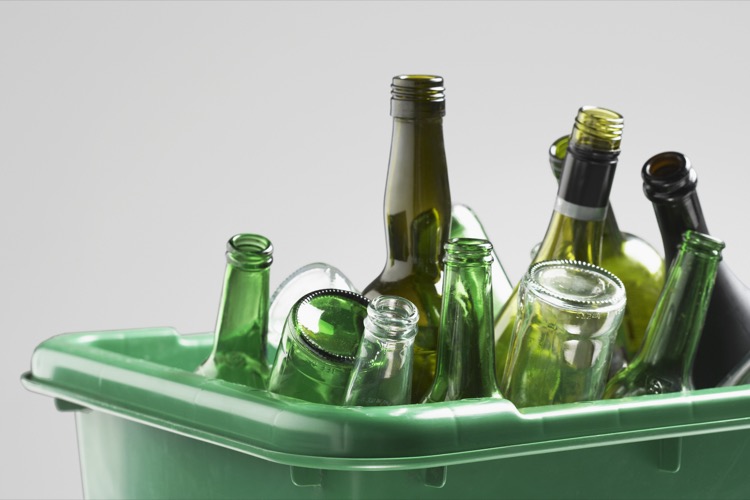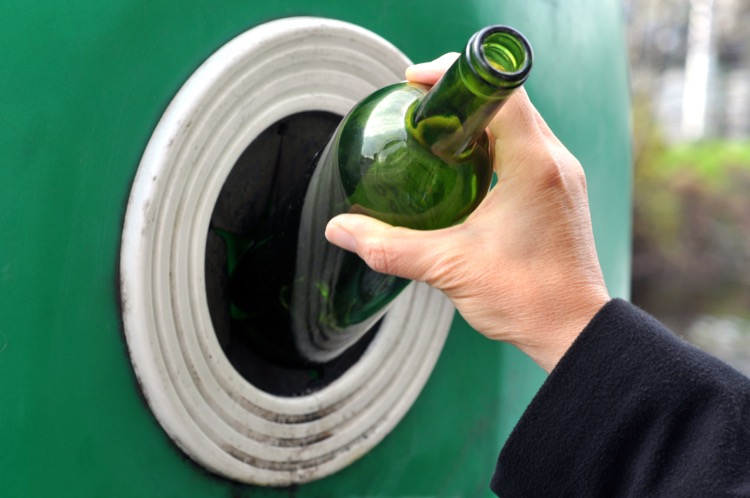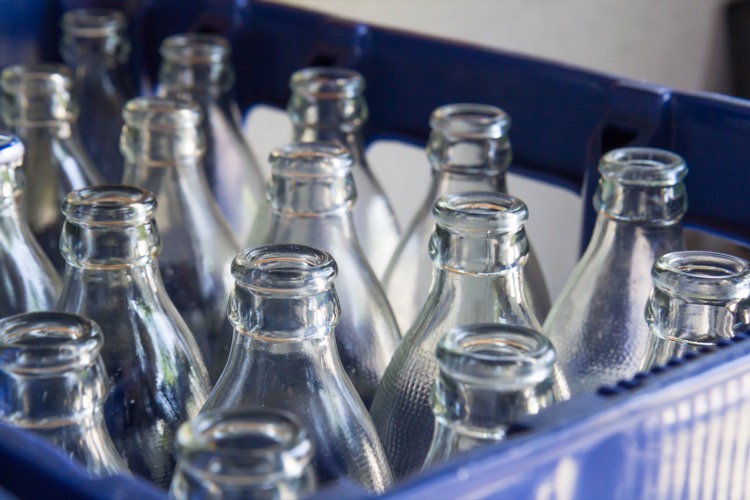You grab your grocery cart, head to the produce section and find the perfect peach. What’s your first instinct? Many of us go straight for the plastic bag to pack up our produce without thinking about it. Still more opt for pre-cut fruits and veggies that are packed in plastic clamshells. Some make the choice for convenience, others because it seems like the cleaner option – but a few extra minutes spent washing and prepping produce at home could make a huge impact on the environment.
That plastic packaging that’s so ubiquitous in grocery stores is actually a major contributor to landfill waste and waterway pollution. As the plastics break down, their contaminants make their way through the food chain, disrupting wildlife and impacting entire ecosystems. As more fish and other animals mistakenly consume small pieces of plastic, those negative impacts can also be seen closer to home, with researchers finding those same contaminants in our own food.
One way you can try to limit your own contribution to plastic waste is by shopping more mindfully at the grocery store. Rather than choosing the most convenient items, opt for the most environmentally conscious way to purchase what you need.
For fresh produce, it’s easy to skip the plastic bag. You can simply put the item directly in the cart. Or you can purchase washable, cloth produce bags that you can use over and over again. And instead of buying the pre-cut fruits and veggies, buy the whole food. Sure, it will take a bit longer to prepare at home, but you’ll ultimately get more for your money and reduce your plastic waste.
As you make your way through the aisles, choose glass packaging when you can. Glass is infinitely recyclable and made of recycled glass, sand, soda ash and limestone. It’s virtually inert and can’t leach chemicals into your food, beverages, or the environment. From ketchup and mayonnaise to olive oil and vinegar, you might be surprised at all of the items you can find packaged in glass at your local store.
When it’s time to check out, opt out of grocery bags. Even many of the reusable bags out there are made of plastic. Instead, try bringing a large cardboard box with you to pack your groceries into. One with handles makes it even easier to load and unload your groceries. Bonus: your groceries won’t fall out or roll around in the back of the car! If you find yourself at the grocery store for a quick trip and you’ve forgotten your box, use your backpack or purse, or just carry the items out. There’s no rule that says you must pack up your items to leave the store (as long as you have your receipt, of course!)
Want to make an even bigger impact? Find your nearest farmers market and try to get most of your produce, meats and dairy there. You can also search for a low-waste grocery store or refillery near you. Stores like Realm Refillery in Portland, Oregon, Nada in Vancouver and Maison Jar in Brooklyn, New York invite customers to bring their own glass jars to fill up on necessities, from grains to milk to spices – and at some locations, even toiletries. The website Litterless has compiled a handy list of stores in each state that follow this zero-waste refill model.
On the other hand, if you can’t make it out to the farmers market or grocery store and find yourself searching the Internet for a grocery delivery service, try to find one that specializes in being lower waste. Misfits Market, for example, has cut the packaging it uses for customers in some areas by more than half by making adjustments to the way they deliver food. Imperfect Foods invites its customers to return the packaging like gel packs and liners. The Rounds takes it even further. Operating in Atlanta, Miami, Philadelphia and Washington, D.C., The Rounds is committed to leaving single-use plastic behind in all of its grocery deliveries, opting for glass instead.
It starts with small changes to avoid plastic at the grocery store – and it can grow into a complete overhaul to reduce your plastic waste in more areas of your life. As more and more people leave plastic behind, a wave of change can change the tides in the fight against plastic pollution. You can find more ways to reduce plastic this Plastic Free July by following us on our social media pages: Facebook, Instagram, LinkedIn and Twitter.









